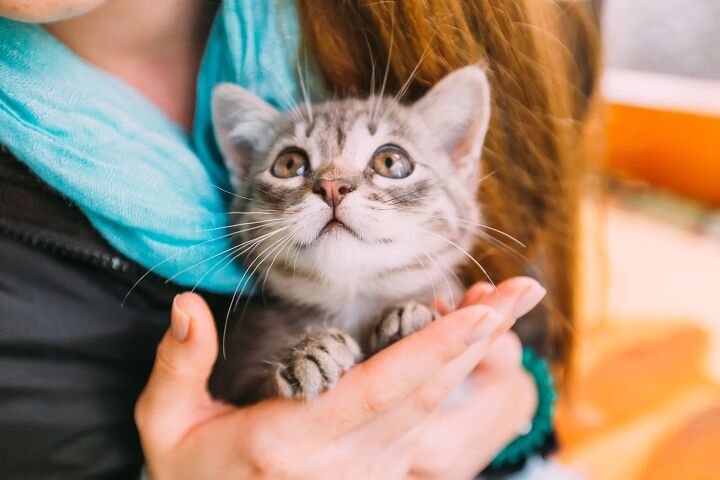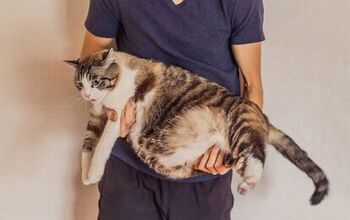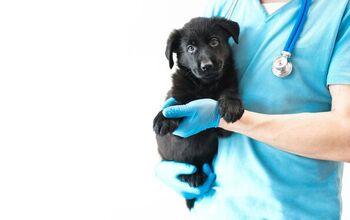The Difference Between Probiotics and Digestive Enzymes for Cats

Helping your cat maintain strong digestion is important, and if your kitty is experiencing digestive problems, you’ll want to do your best to help her feel better. Two supplements that may be useful are probiotics and digestive enzymes.
Before giving your cat either of these supplements, it’s wise to consult with your veterinarian to be sure you’re making the right choice and to be certain you’re providing the highest quality supplements that are made specifically for cats. In addition to that, take some time to learn about these supplements so you can have a clearer understanding of how they work. To get started, check out the information below.
The Basics About Feline Probiotics
Put simply, probiotics are beneficial bacteria that live in the gut and support digestion. When these are depleted, such as after a pet has taken antibiotics, digestive problems might occur. So, by giving your cat a probiotics supplement, you may be able to replenish the number of good bacteria and relieve her symptoms.
The key, though, is to give your companion a top-quality supplement that’s made specifically for felines. This will help ensure she gets the right types of probiotics that will be effective. You also want to be sure you give your pet a supplement with adequate amounts of probiotics to ensure she gets a dose that will help make a difference in her digestive health.
The Basics About Feline Digestive Enzymes
Digestive enzymes also help with digestion, but they work in a different way. There are multiple types of digestive enzymes, which help break down the food that your kitty eats. Protease is the enzyme that helps break down protein, while amylase helps break down carbohydrates and lipase helps break down fat. So, in addition to feeding your pet a species-appropriate, high-quality diet, providing digestive enzymes might help ensure that your cat is able to properly absorb the nutrients in food.
Once your kitty’s body is able to absorb and utilize the various nutrients from her food, her overall wellness can be supported. But, again, it’s necessary to give her supplements that are made specifically for felines. And it’s also important to administer digestive enzyme supplements properly to ensure they will be effective.
Talk to Your Veterinarian About Probiotics and Digestive Enzymes
As you can see, probiotics and digestive enzymes can both be used to support a cat’s digestive health. And when your kitty’s digestion is strong, other areas of her health can benefit as well.
Your pet might need just one or both of these types of supplements, depending on what her symptoms are and whether you are planning on providing the supplements to maintain an already healthy digestive tract or to relieve symptoms and improve the way the digestive system functions.
Remember, if your cat is experiencing digestive ailments, it’s super important that you talk to a veterinarian about her symptoms. That way, you can get the right diagnosis and treatment, which might include digestive enzymes and/or probiotics.

Lisa Selvaggio is a freelance writer and editor, and our resident cats-pert, with certifications in pet nutrition and pet first aid. She enjoys producing content that helps people understand animals better so they can give their pets a safe and happy home.
More by Lisa Selvaggio























